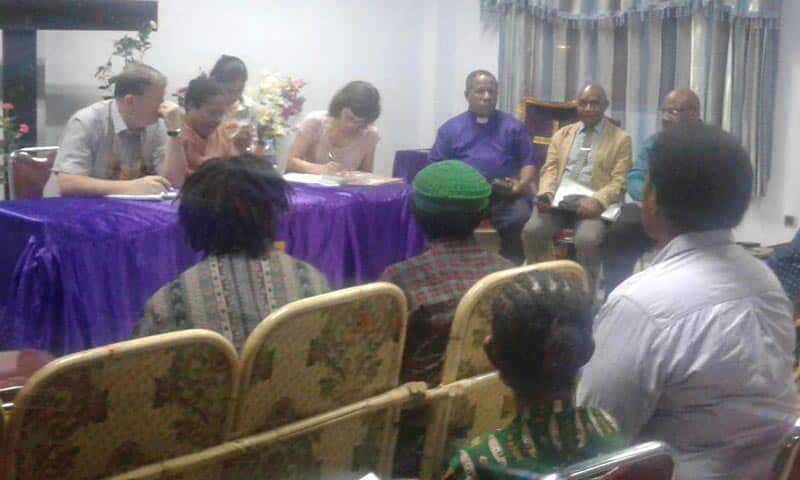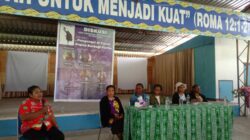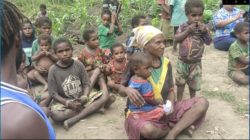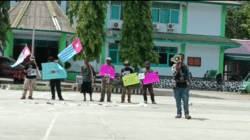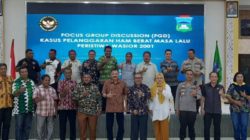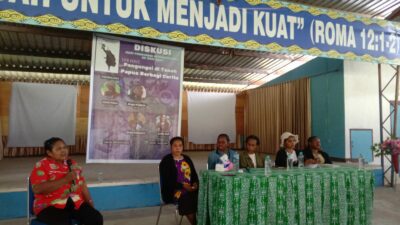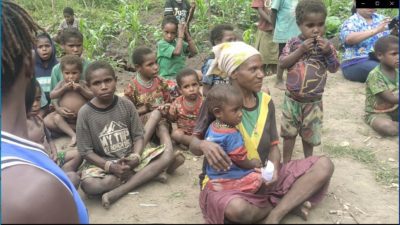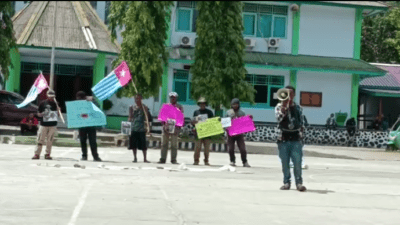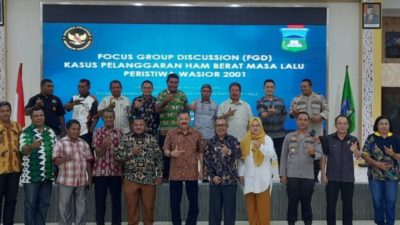
Jayapura, Jubi – United Nations Special Rapporteur on health, Dainius Puras said distrust has make health problem in Papua become even more complicated.
In a press conference, Monday (03/04/2017) in Jakarta, Puras explained that health problems in Papua as a serious complexity. He cited the Family Planning (KB) clearly showing there is distrust between Papuan native (OAP) and the Indonesian government.
“Even if the family planning program is run ethically and well, the Papuan people still think that KB aims to reduce the number of indigenous people,” said Puras, as quoted in satuharapan.com.
Puras understood the difficulty, but he can ensure the family planning program is actually a good program. However, if executed by force, it violates human rights.
“But if implemented in a good way, through responsible information, for not having a child every year, it’s good. However, in environments that have no trust to each other, it becomes a complication. So there must be a solution, “said Puras.
Puras also recognize there is still stigma and discrimination on health services perceived by Papuan indigenous.
“There are serious concerns on the health of Papuan indigenous. Not only the high prevalence of HIV-AIDS, but also the level of infant and maternal mortality, and children malnutrition,” said Puras.
In a meeting with civil society in Jayapura, Friday (31/3/2017) a hospital attendant in Abepura hospital told him that the hospital limiting births of Papuans by way of terrorizing families of mother with a ‘death threat’.
“Actually, she could have a normal birth, but sometimes the doctor demand an operation or else it would cost live of the mother or child. The family then forced to sign an operation,” said her.
While a midwife from Yakuhimo said restrictions on reproductive rights is also an entrance for violence against women. In Yakuhimo the practice of family planning programs that are not informative has caused many women experienced domestic violence.(*)
Report contributors: Benny Mawel and Victor Mambor
Editor : Zely Ariane


